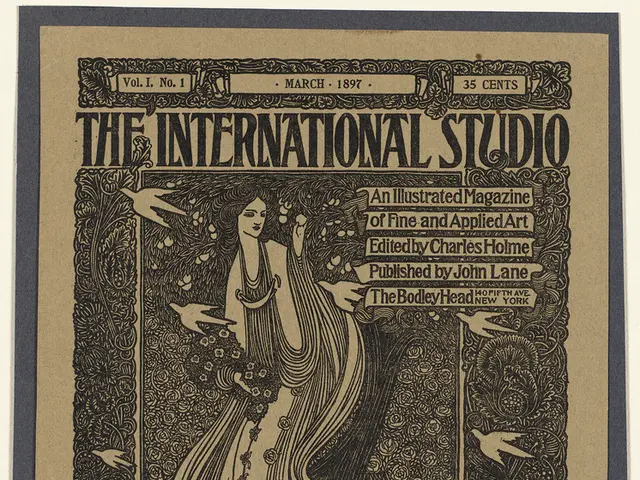Tennessee's ELVIS Act: A Fresh Law Governing AI Imitation of Likenesses
In a groundbreaking move, Tennessee has enacted the ELVIS Act (Ensuring Likeness, Voice, and Image Security Act), a law designed to safeguard artists and public figures from unauthorised use of their voice, likeness, and image by artificial intelligence. This legislation, which went into effect on July 21, 2024, marks a significant step forward in protecting artist identities, while also presenting challenges and opportunities.
The ELVIS Act narrows certain defences that could be used in commercial contexts, holding all parties involved accountable for the misuse of protected personal attributes. This law builds on Tennessee's existing Protection of Personal Rights law, expanding it to include "voice" among the protected personal attributes.
However, the ELVIS Act faces challenges in enforcing its protections when content crosses state lines, due to inconsistent protections across states and jurisdictional limitations. In contrast, federal efforts in the U.S. to regulate AI-generated deepfakes and synthetic media are evolving but have yet to reach the comprehensive level of some state laws like Tennessee's ELVIS Act.
Current federal initiatives include the TAKE IT DOWN Act, which criminalizes knowingly publishing or threatening to publish non-consensual intimate imagery, including AI-generated deepfakes. The Preventing Deep Fake Scams Act aims to create a federal AI task force to tackle deepfake-enabled identity theft and fraud, particularly to protect vulnerable populations. The Department of Homeland Security’s AI framework outlines recommendations for AI safety, although it does not single out deepfakes specifically.
Federal regulation of AI deepfakes is anchored by recent criminal laws addressing non-consensual imagery, a proposed task force for fraud prevention, and judicial procedural reforms. These efforts complement but do not overlap the more expansive, sector-specific state-level laws like Tennessee’s ELVIS Act.
The ELVIS Act has implications for AI platforms and agencies that create, distribute, and monetize AI-generated content, placing increased responsibility on these platforms to ensure likenesses, voices, and images are used with proper authorisation. The law significantly strengthens penalties for the unauthorised use of an individual's protected attributes, allowing victims, or their estates, to pursue lawsuits for damages.
This legislation is universal in scope, protecting not only celebrities but also any individual's name, photograph, likeness, and voice, extending these safeguards to everyone. The ELVIS Act reflects growing concern within the entertainment industry about AI tools being used to mimic well-known voices and faces without permission.
In the digital age, where artists' identities are increasingly vulnerable to digital misuse, the ELVIS Act provides stronger legal protections for musicians, performers, songwriters, and other public figures. Meanwhile, federal efforts continue to focus on targeted criminal statutes and interagency coordination to combat misuse of deepfakes, signalling a growing awareness of the challenges posed by synthetic media and AI-generated impersonations.
Our website offers a hassle-free verification process for businesses, contributing to a user-centric internet where individuals maintain control over their data, helping businesses with their KYC processes. As the landscape of AI regulation evolves, it is crucial for both federal and state authorities to work together to strike a balance between innovation and protection, ensuring that artists' rights are respected as technology continues to advance.
The ELVIS Act expands protections for artists and public figures in the entertainment industry, including safeguarding their voices and images from misuse by artificial intelligence. Federal efforts, such as the TAKE IT DOWN Act and the Preventing Deep Fake Scams Act, aim to combat deepfake-enabled identity theft and fraud, while not explicitly addressing voice protections like the ELVIS Act does.




